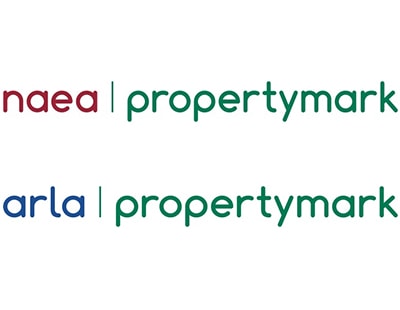
With only 48 hours to go before the Autumn Statement confirms stealth tax rises and massive public spending cuts, Propertymark has reiterated agents’ frustration at the complexity and scale of property taxation.
In the summer, Propertymark responded to the Office for Tax Simplification’s request for views on how property taxes could be simplified. The industry body conveyed the frustration from agents around how the current tax regime does not serve the sector’s best interests, particularly in the lettings sector.
Propertymark insists that private landlords have seen their tax burden increase in recent years, including higher rates of property taxes on buy-to-let properties, the withdrawal of tax relief on mortgage interest costs and replacement with a 20 per cent tax credit and the removal of the 10 per cent Wear and Tear Allowance for fully furnished properties being replaced with an at-cost relief.
In addition residential property is treated unfairly, Propertymark says, with Capital Gains Tax for rented property at 28 per cent when it was reduced to 18 per cent for other assets, plus of course the reins rise in corporation tax from 19 per cent to 25 per cent from 2023.
In its consultation response, Propertymark argued that the tax system is too complex for landlords but said it was pleased to see the report recommending that HMRC make it easier for landlords to register for and report their income online for UK tax purposes and questions whether the initial and medium-term threshold for entry into the new system should be increased above £10,000.
Propertymark also went on to say that there have been instances where landlords do not know where and how to pay the taxes they owe. Landlords in self-managed properties and tenants who have to deduct tax from their rent do not always declare their income, therefore putting significant pressure on agents to ensure that tenants and landlords are compliant.
Although the furnished holiday lettings regime can provide some tax benefits, Propertymark said that this it is not widely used and adds a complex layer to the tax rules which apply to property income and that the UK Government should consider the need for a separate tax regime for furnished short-term lets as it gives certain tax advantages over the wider residential property income rules due to the industry body believing that this dis-incentivises using properties for the PRS.
Propertymark called for clearer information and tax deductions on improvements in the PRS. The OTS’s report support Propertymark’s calls, stating that there is confusion between what is a repair (tax deductible) or an improvement (not). As well as creating a broader tax relief for all property costs other than where work is part of the capital cost of the building. This could help to encourage improvements to be made to property to support forthcoming higher energy efficiency improvements for the private rented sector.
Timothy Douglas, the trade body’s head of policy and campaigns, says: “Our members tell us that the taxation system is not working, the right incentives are not in place and too many costs are being put on landlords and letting agents, which are ultimately passed on to tenants through higher rents.
“Propertymark believe that the current tax system is too complex for landlords and by digitalising the process, will allow other professionals who are better placed, such as bookkeepers to provide this service on behalf of landlords.
“The sector needs a tax regime that promotes an environment where landlords benefit from investing in property rather than acting as a further deterrent to leave the sector or not grow their portfolios.”





/_JeremyHunt%20_400x310.png)









%20-%20IMAGE%20Client%20Accounting%20%E2%80%93%20what%20are%20your%20options.jpg)




.png)





Join the conversation
Be the first to comment (please use the comment box below)
Please login to comment